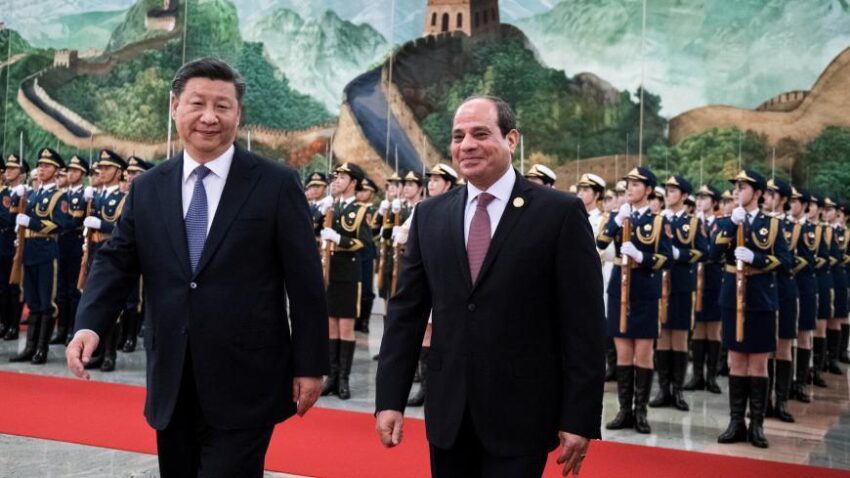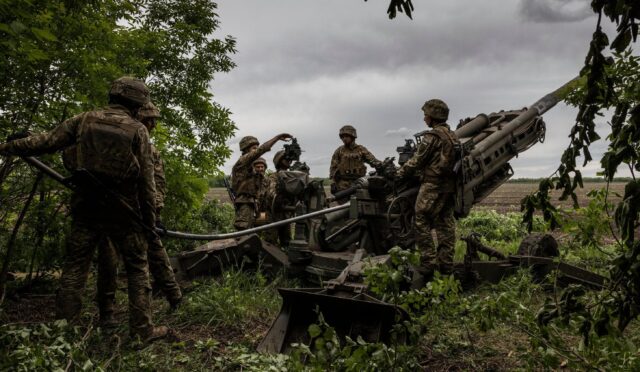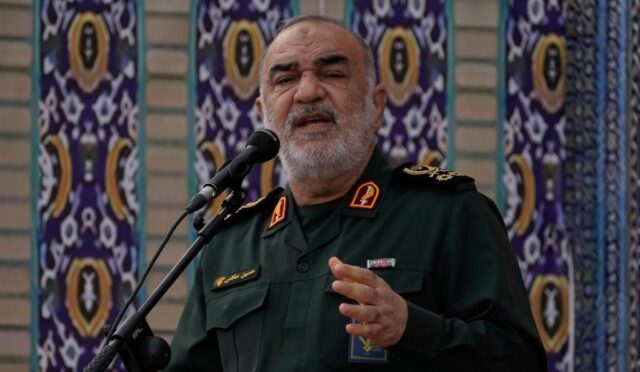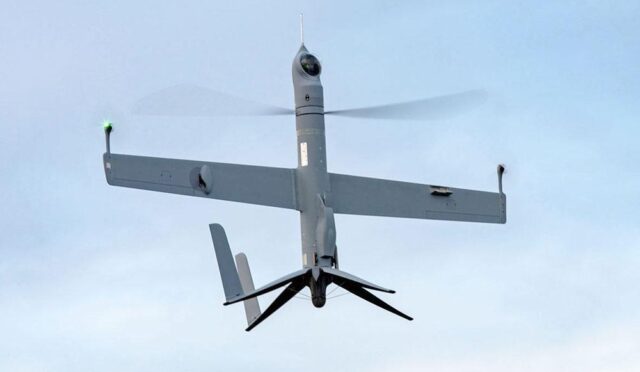Eagles of Civilization Drill Kicks Off
In a historic partnership move, China and Egypt commenced the “Eagles of Civilization 2025” joint air force exercise at an Egyptian air base this week. Running from mid-April to early May, this important drill includes a range of activities, such as both theoretical and practical lectures, aimed at synchronizing combat strategies between the two nations.
The exercise will see the deployment of joint aerial units, planning exercises, and simulated air combat management operations. A spokesperson from the Cairo military emphasized that these engagements are vital for sharing expertise and enhancing the capabilities of the participating forces.
Diverse Military Assets On Display
As part of this comprehensive drill, Egypt has unveiled a substantial number of multi-role fighter aircraft from various models. In contrast, China has brought an impressive arsenal, including the J-10C fighters, KJ-500 airborne early warning and control aircraft, along with the Y-20 aerial refueling tanker, as evidenced by publicly released photographs.
These aircraft highlight not only the advanced technology on display but also the broader implications of strengthened military ties between Egypt and China. This is particularly noteworthy as Egypt has traditionally relied on US military support.
Growing Ties Amidst Strained US Relations
The ongoing drills are indicative of a significant increase in military cooperation and mutual trust between the armed forces of China and Egypt. This deepening relationship comes at a time when Egypt, once a steadfast ally of the United States, is exploring new defense partnerships amidst cooling ties due to limited support for American-made military assets.
Recent tensions have emerged with former US President Donald Trump using aid as leverage, compelling Egypt to accept displaced Palestinians from Gaza, which has only intensified Egypt’s diversification strategy in defense relationships.
A Shift in Geopolitical Dynamics
According to Mohammed Soliman, a senior fellow at the Middle East Institute, Egypt’s move to order Chinese Chengdu J-10C fighter jets to eventually replace its F-16 fleet reflects a significant transformation in Middle Eastern geopolitics. This historic engagement underscores the increasing willingness of Middle Eastern nations to explore non-Western military partnerships.
Moreover, Soliman notes that hosting Chinese forces within its borders is a clear indication of Egypt’s pivot towards strategic autonomy in its defense policy.
Demonstrating Alternatives to Washington
Professor David Des Roches from the Near East South Asia Center for Security Studies pointed out that Egypt’s actions signal an intention to convey to Washington that it has alternative options available, which could be essential in avoiding unfavorable outcomes in their bilateral relations.
This strategic maneuvering reflects a broader trend among traditional US allies seeking to enhance their defense independence by reaching out to other global powers.
China’s Expanding Influence in the Middle East
In response to the evolving global military landscape, China has positioned itself as an attractive alternative for countries looking to diversify their defense partnerships. Particularly in the Middle East and North Africa, nations are increasingly looking towards Beijing, which does not carry the historical baggage of colonialism or a legacy of military interventions.
According to Jeffrey Reeves, a senior fellow at the Institute for Peace & Diplomacy, this shift allows China not only to expand its geopolitical influence but also to tap into the burgeoning market for its defense products.
Case Studies in Regional Procurement
Focusing on recent developments in the region, a report by the UK-based think tank RUSI revealed that the United Arab Emirates has procured the Chengdu Wing Loong unmanned aerial vehicle after the United States denied a request for armed drones. This procurement exemplifies the UAE’s strategic shift towards Chinese military technology.
Speculation is growing that the UAE may also consider acquiring the J-20 stealth fighter, particularly in the context of the US ambivalence towards supplying F-35 jets to its allies.
The Broader Implications for Global Defense Relationships
The unfolding military collaborations between China and Egypt, alongside other nations in the region, highlight a significant recalibration of global defense relationships. Countries once firmly aligned with US interests are increasingly exploring options that better align with their national security needs.
This trend suggests a pivotal change in international military alliances, moving away from a unipolar structure towards a more multipolar defense landscape.
Looking Ahead: The Future of Military Collaborations
As the “Eagles of Civilization 2025” drills continue into May, the long-term impacts of these collaborations will be closely monitored. The strengthening of Sino-Egyptian military ties serves as a beacon for other nations seeking to redefine their own security strategies.
The results of this exercise may set the stage for future partnerships and defense cooperation initiatives, marking a transformative phase in how countries across the Middle East and beyond approach their military alliances.
Conclusion: A New Era of Defense Partnerships
In conclusion, the joint military exercises between China and Egypt not only signify a strengthening of bilateral ties but also represent a broader trend of nations seeking to diversify their defense sources amidst shifting geopolitical landscapes.
As countries navigate the complexities of modern security challenges, the outcomes of such collaborations will likely play a crucial role in shaping the future of international military relations.







